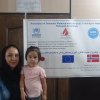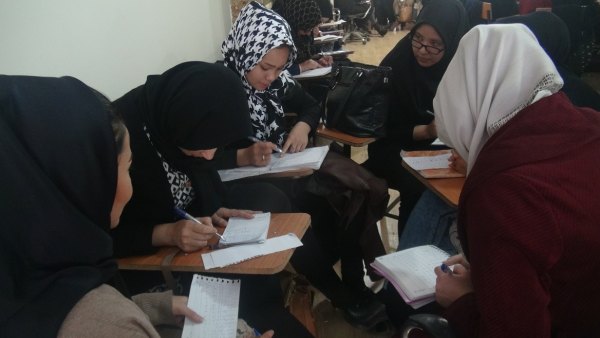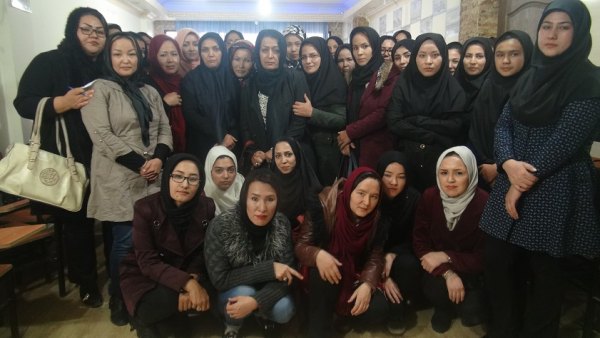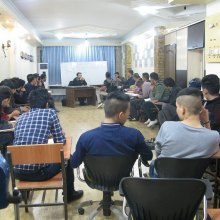
Report of the Prevention of Domestic Violence and Life Skills Education Project
Report of the Prevention of Domestic Violence...
According to ODVV public relations, this project has been designed for 80 Afghan refugees (40 women and 40 men) in the 12 to 59 age range and with the aim of reduction of social and mental violence, promotion of self-control and prevention of domestic violence among the Afghan community residing in the Varamin district.
The project was designed in view and consideration of the following:
1 – The need for society to learn prevention and reduction of domestic violence methods;
2 – The extensive refugees’ good reception of previously held projects;
And,
3 – The need for the spreading of these education courses to other more vulnerable regions such as Varamin.
Based on field visits and interviews that were taken place with refugees and key and knowledgeable individuals of the refugees’ community in the Varamin district, it was assessed that the mental and social abuse, particularly domestic violence levels were very high in the district; which brought about undoable consequences that include addiction, suicide and various forms of social damages. This issue convinced the ODVV to hold a second consecutive education course needed by this community in the Varamin district and its surroundings.
Also 80 individuals who directly benefited from the project were trained as peer to peer trainers in life skills and domestic violence prevention methods, will transfer their knowledge on the subjects to 5 sister villages, which ultimately will see the education of 400 Afghan refugees in prevention and reduction of domestic violence.
The project has been designed and is implementing in the following stages:
Stage one: the implementation of this project includes the conducting of initial studies on the determination of training method, preparation of education package, coordination with trainers and preparation of evaluation and assessment questionnaires.
Stage two: one month process of the identification of 80 victims of violence in the district, as peer to peer trainers and there is based on the required criteria.
Stage three: conducting training course for peer to peer trainers for the second and third month of the project period, conducting pre and post-tests. The training will be provided by one facilitator and one assistant facilitator.
The project is currently in its third stage
Stage four: information dissemination of the target community through pilot education course by peer to peer trainers.
Stage five: despatching evaluation experts to answer the queries of peer to peer trainers and evaluation of the training process is the fifth stage of the project. In this stage peer to peer trainers are training their peers..
Stage six: Assessment and evaluation will take place in this stage, through which, while extracting the overall evaluation results of the education course and comparison of the pre and post-test results, the project obstacles and limitations are also extracted.
Stage seven: in this stage the final report, that include the descriptive and financial reports are prepared and presented to UNHCR and BAFIA.


 Reload
Reload



